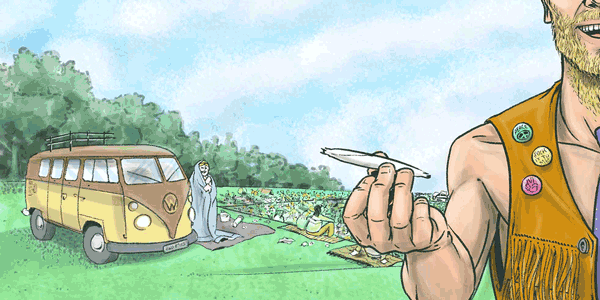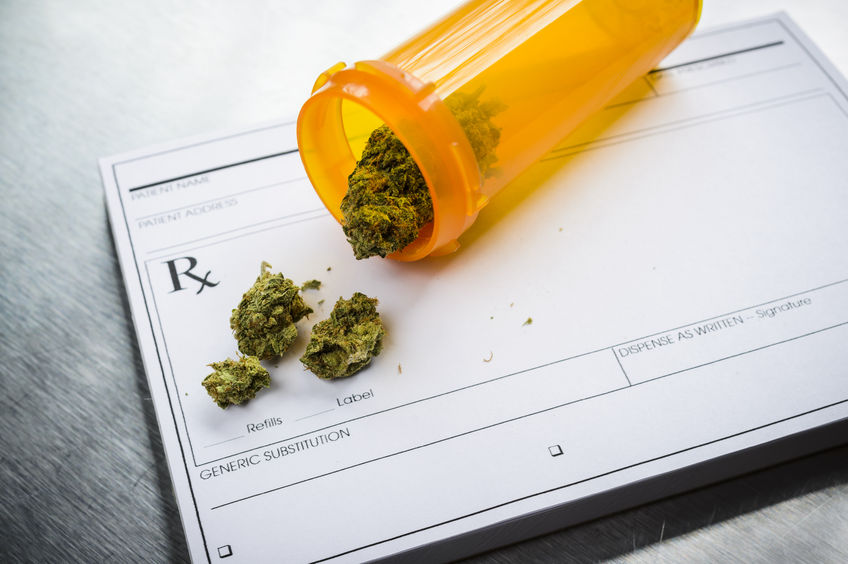How Other Countries Deal with Their Drug Problems
Jul 14, 2016 • Therese Aseoche

Jul 14, 2016 • Therese Aseoche
Switzerland is one country that exercises fine adjustment when issuing them to druggies according to the amount caught with and their financial circumstances. Fines are increased with repeated apprehension, still in accordance with the user’s financial standing.
Though marijuana is legal for medical and recreational use in some places worldwide, it is in Uruguay where the government takes measures to ensure their drug consumption is controlled and drug trade is regulated. Consumers and pharmacies must first register with the government before being allowed to purchase and legally sell marijuana.
In July 2012, the United Nations issued a joint statement advising the shutdown of compulsory drug detention and rehabilitation centers, pushing instead to respond to drug dependence through evidence-informed and rights-based approaches. One of which is giving them health service options from which they can choose to aid in their road to recovery.
Though drugs are still considered as an illegal commodity worldwide (with the exception of marijuana that is slowly gaining acceptance for its health benefits), it’s the perspective that governments take that makes a difference.
It does seem that the bloody campaign is putting the fear of god in illegal drug makers, users and pushers and it seems like society is finally winning this war. But arbitrary, final and terminal solutions like this usually come at a terrible cost.
How do you think the Philippines can deal with its drug problems? Sound off below!
Pages: 1 2

Input your search keywords and press Enter.
